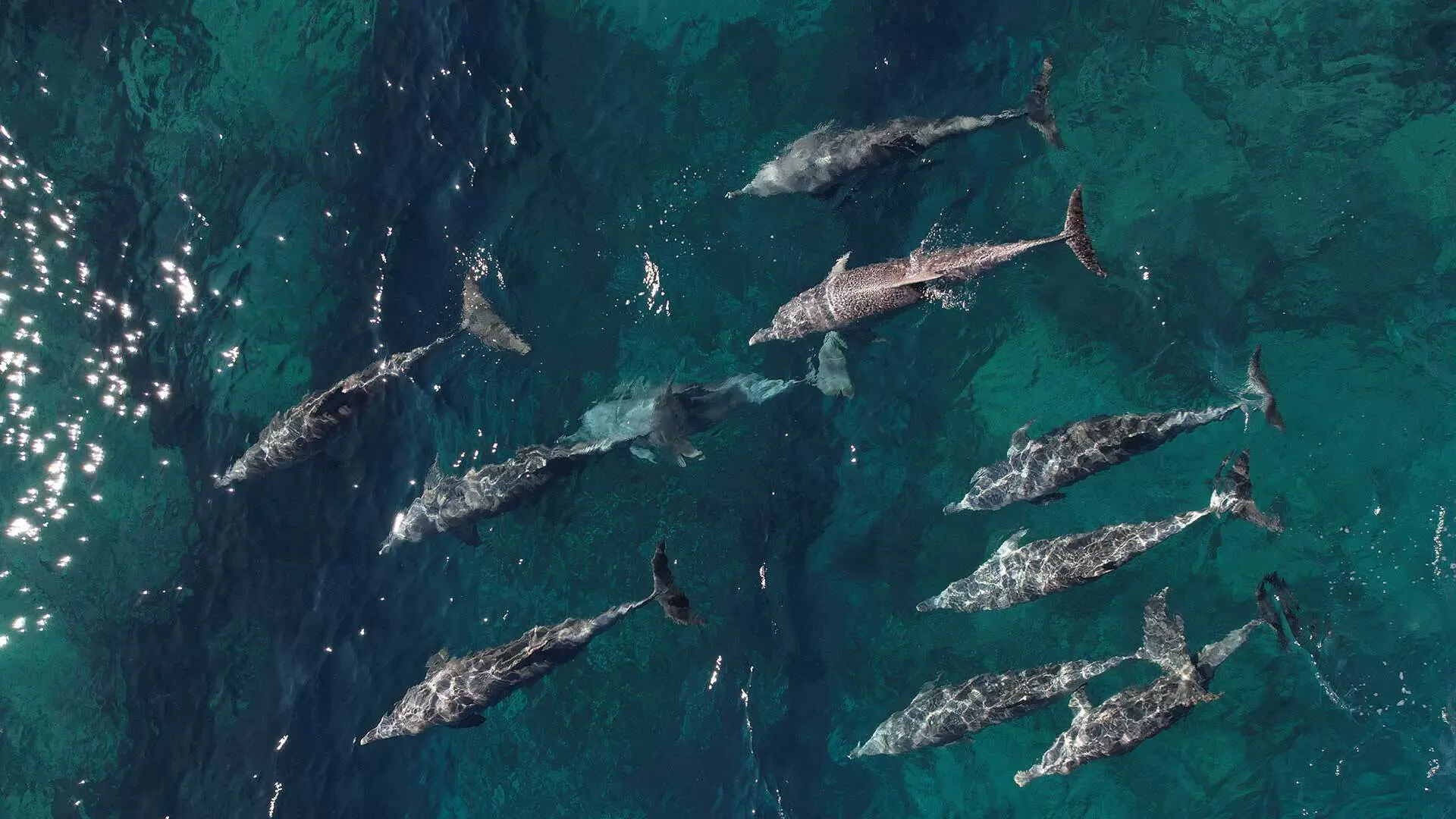News Story
$7.8M Award Aims to Revolutionize Renewable Energy for Ocean Monitoring Devices

A UMD researcher is leading a group developing an advanced fuel cell that supplies energy derived from marine microbes. It could power ocean sensing devices that provide information about everything from water chemistry to the movement of some marine animals like whales and dolphins.
By: Kimbra Cutlip - reprinted from Maryland Today
A University of Maryland researcher has received a $7.8 million award from the Defense Advanced Research Projects Agency (DARPA) to develop and test a biologically fueled energy source to power research and sensing devices throughout the world’s oceans.
Environmental science and technology Professor Stephanie Lansing is heading up a large, collaborative effort that aims to overcome the need for batteries and ship- or shore-based power cables by using microorganisms in ocean water and specialized bacteria to create a marine-based microbial fuel cell that can produce outputs of up to 10 watts consistently for a year or more.
The devices could power a vast array of ocean sensing devices that provide critical information for understanding marine environments, monitoring climate change and maintaining national security.
“This unique collaboration of interdisciplinary experts will produce a bioinspired system that has game-changing potential to provide direct electric power to improve sensing capabilities while protecting and limiting the impact to the environment through use of this unique bioenergy system,” Lansing said.
The Persistent Oceanographic Device Power (PODPower) system that the team is developing will be suspended in the water, where it can collect and concentrate ocean microbes and bits of organic matter in a special fermentation chamber. Bacteria in the chamber will pre-digest the material, producing a more efficient type of “food” for a second kind of bacteria that colonizes the fuel cell electrodes and releases electrons for direct use.
The design relies on several innovations including a collection net inspired by unique aspects of fish gills, a corkscrew-type auger that feeds the organic matter into the fermentation chamber, and a dual cathode system to drive the microbial fuel cell power to higher levels than previous systems.
In addition to the $7.8 million granted for Phase 1 development and deployment, an additional $3.4 million award is possible to support Phase 2, which will include deployment in multiple settings and generate 100 watts of power.
The first phase of the project will run through Summer 2026 and includes collaborators from eight other institutions and firms: Battelle, the George Washington University, Harvard University, the Institute of Marine and Environmental Technology at the University of Maryland, Baltimore County, James Madison University, Johns Hopkins University, the University of Delaware and Yokogawa Corp. of America.
Published January 8, 2025









